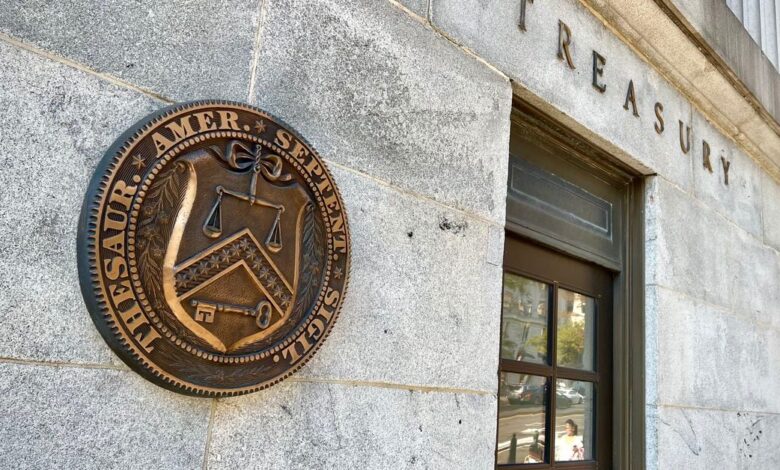
It has been indicated by Federal Reserve officials that any potential Central Bank Digital Currency (CBDC) would be managed by private-sector banks, many of which are represented in the advisory group. However, the political landscape for U.S. CBDCs remains uncertain in the near future due to strong opposition from Republican lawmakers.
While the idea of a CBDC issued by the Federal Reserve is being considered, there are significant hurdles to overcome before it becomes a reality. The involvement of private-sector banks in the management of the digital currency would likely shape how it is implemented and utilized by the public.
Despite the potential benefits of a CBDC, including increased financial inclusion and efficiency in transactions, the opposition from certain political factions poses a challenge to its development. The debate over the role of the Federal Reserve in issuing a digital currency is ongoing, with various stakeholders expressing differing opinions on the matter.
As discussions around CBDCs continue, it is clear that the future of digital currencies in the United States is complex and multifaceted. The involvement of private-sector banks in the management of a potential CBDC adds another layer of complexity to an already contentious issue.







